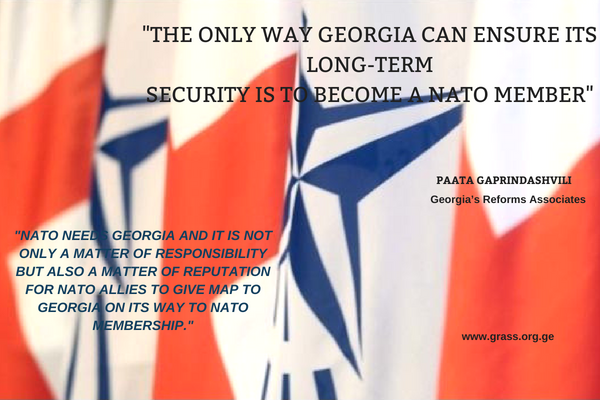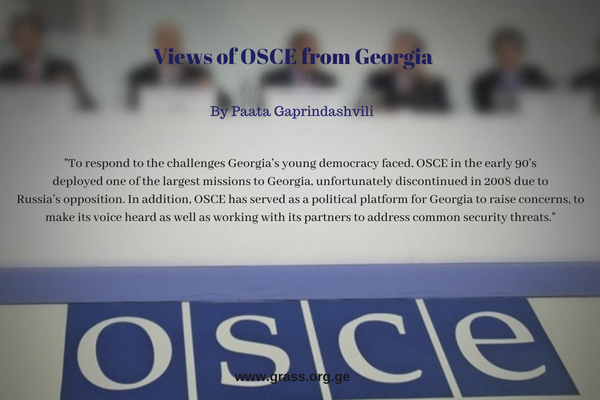PRO-RUSSIAN NARRATIVES ABOUT THE WAR IN UKRAINE: AN ANALYSIS OF BROAD DISINFORMATION TRENDS AND HOW THEY MANIFEST IN GEORGIA

17 January, 2023
0
This report is a synopsis of the research conducted at Georgia’s Research Associates (GRASS) regarding the disinformation narratives on the war in Ukraine. It outlines the broad narrative trends in Russian disinformation in Russia, Ukraine, Belarus, and Georgia and addresses how they specifically manifest in Georgia from February 24, 2022, the onset of the Russian invasion of Ukraine, until July 3, 2020. The first section of this paper finds three messaging strategies that categorize Russian disinformation narrative trends: portraying a savior complex, vilifying enemies, and creating a strong versus weak dichotomy between Russia and its enemies. Although these three categories are not mutually exclusive, each messaging strategy offers a framework that affords a comprehensive understanding of pro-Russian disinformation trends. While these strategies cannot be verified as Kremlinborn strategies, open-source information suggests that in following narrative patterns, these strategies are one framework to examine the narratives fostered by the Russian disinformation and propaganda machine. The second part of the report addresses how disinformation narratives appear in Georgia regarding the Russia-Ukraine war, identifying how alt-right groups and declaratively pro-Western parties, specifically the Georgian government’s ruling party, the Georgian Dream, leverage Russian propaganda and disinformation to structure and legitimize their respective ideologies.



